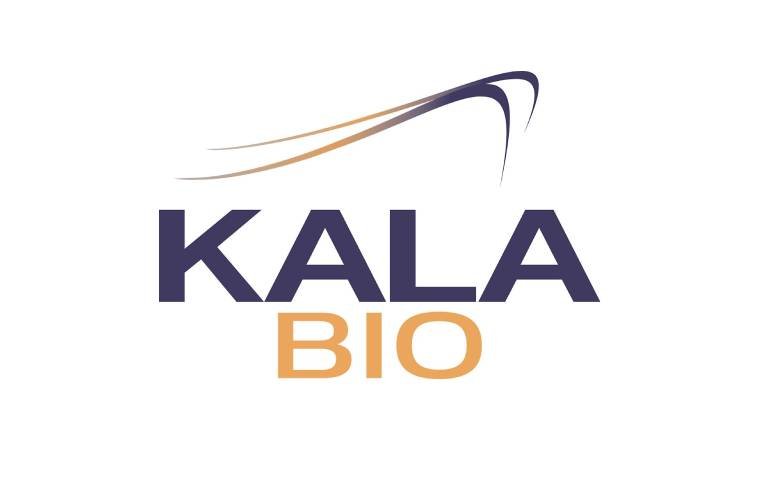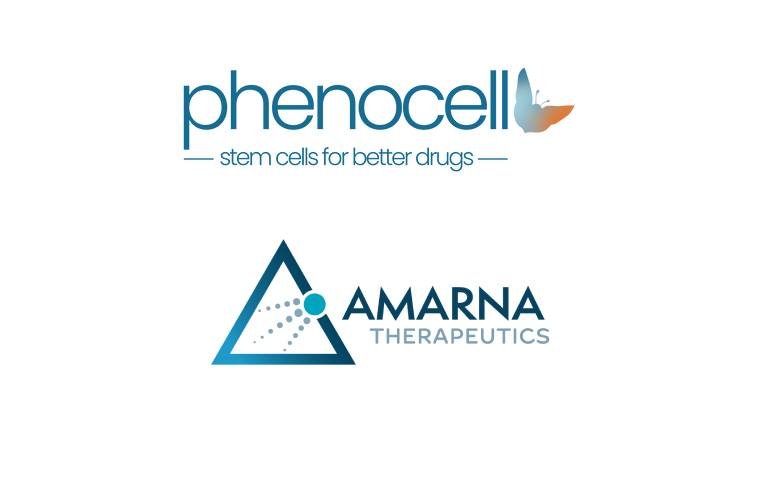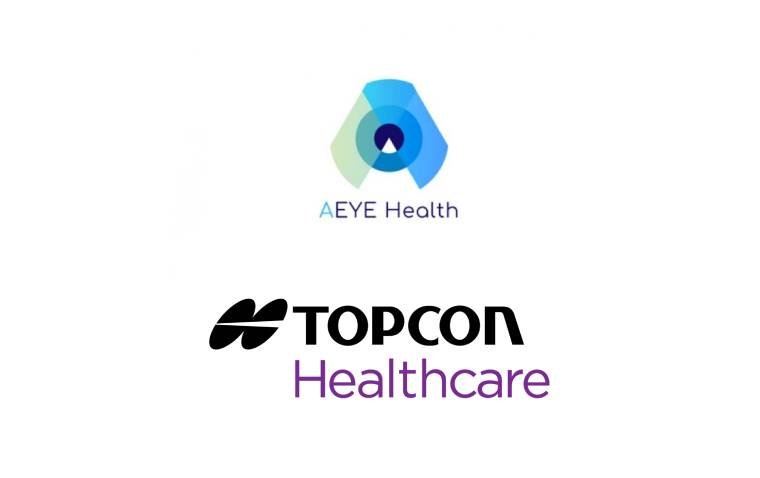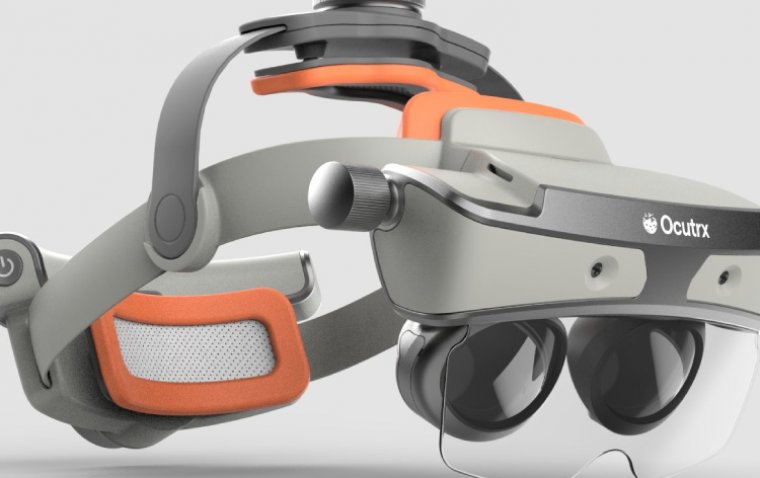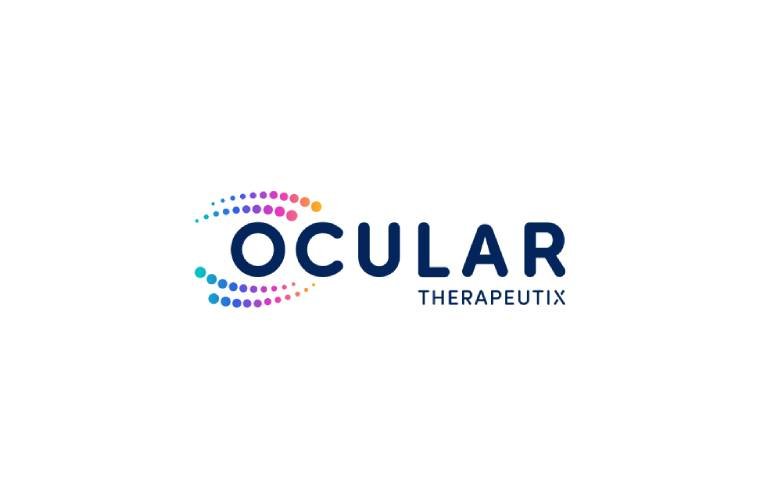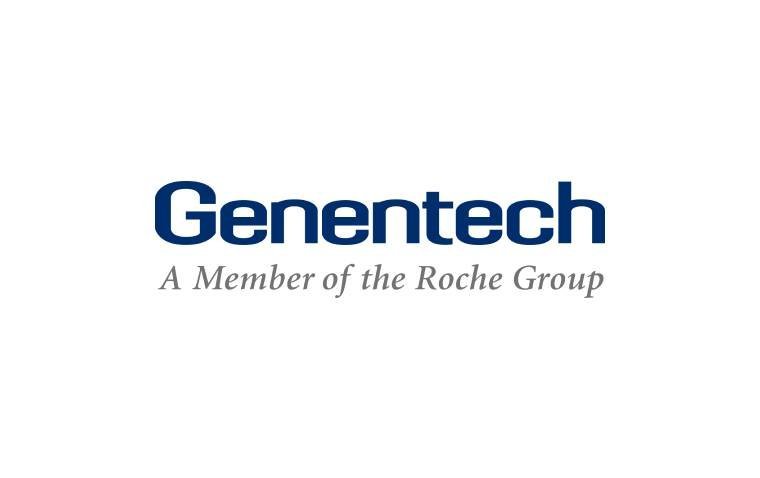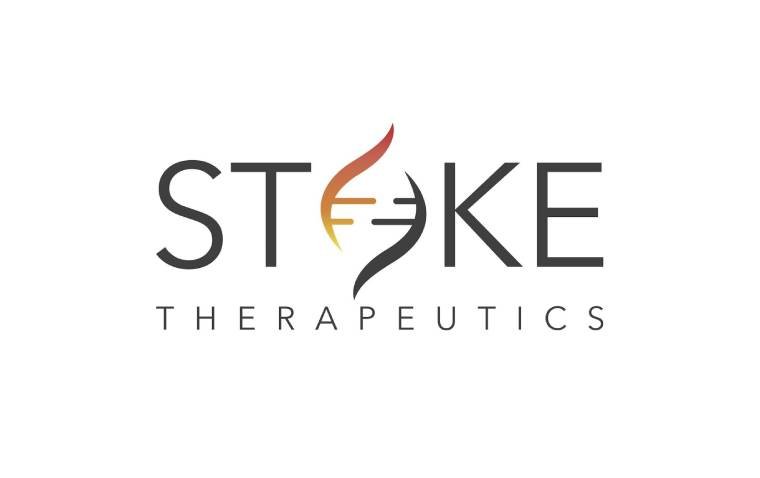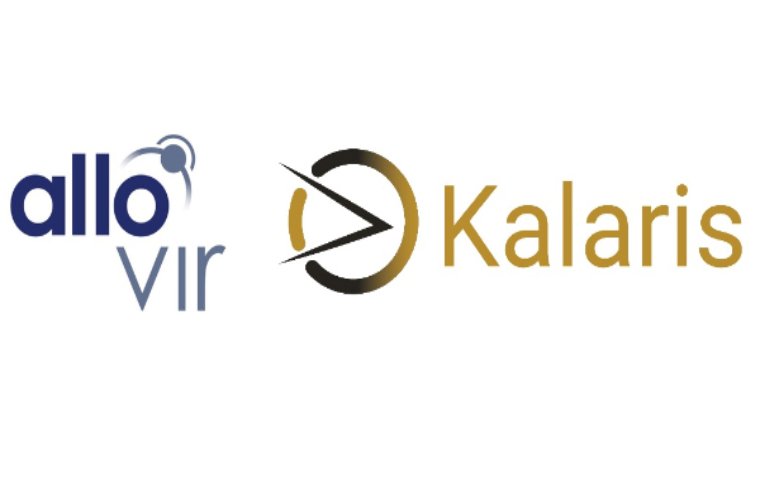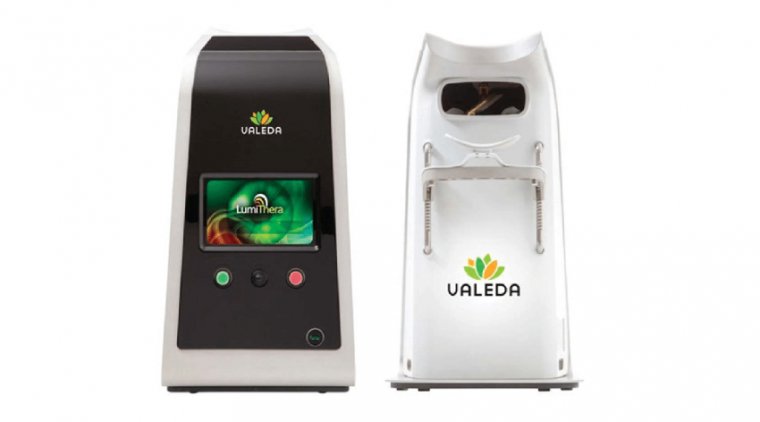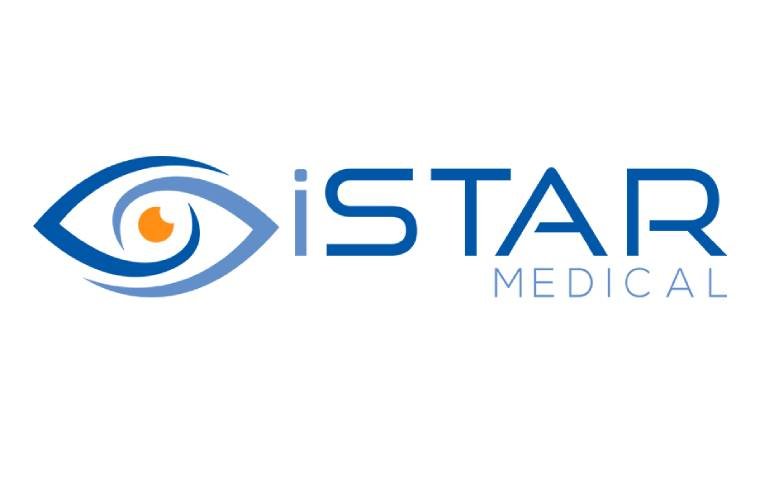
iStar Medical Announces Positive 5-Year Results of MINIject in Glaucoma Patients
iStar Medical has announced positive 5-year results from the STAR-GLOBAL trial evaluating the long-term safety and efficacy of the MINIject device in patients with open-angle glaucoma. STAR-GLOBAL is an extension trial designed to investigate outcomes up to five years following implantation. MINIject is currently the only commercially available supraciliary minimally invasive glaucoma surgery (MIGS) implant, developed to enhance natural fluid outflow and effectively reduce intraocular pressure (IOP).
Sustained IOP Reduction in Five Years
According to iStar Medical’s press release, MINIject demonstrated a sustained and significant 38% reduction in IOP at the 5-year follow-up. The STAR-GLOBAL study included 47 participants, of whom:
• 83% achieved a >20% reduction in IOP from baseline.
• 80% maintained an IOP of 18 mmHg or less at the 5-year follow-up.
• 32% of patients no longer require topical medications for IOP control.
Investigator and Executive Commentary
Dr. Karsten Klabe, Chief Surgeon at Breyer, Kaymak & Klabe Augenchirurgie in Düsseldorf, Germany, and a key investigator in the STAR trials, commented:
"These very positive five-year follow-up results provide further validation of MINIject as a safe, standalone procedure and an effective longer-term treatment option for glaucoma patients. This gives us further assurance that MINIject can continue to benefit patients even half a decade post-surgery."
Michel Vanbrabant, CEO of iStar Medical, also expressed confidence in the device’s long-term impact:
"iStar Medical remains committed to further validating this hypothesis in its future studies, positioning MINIject as the preferred surgical implant device among key opinion leaders, doctors, patients, and investors. With over 5000 patients now implanted, we continue to progress the development of MINIject to address a significant unmet need in key global markets."
Strategic Developments and Future Outlook
iStar Medical also announced that its partnership with AbbVie, initiated in 2022, has ended. The company is now operating independently. iStar Medical remains on track with the continued commercial rollout of MINIject in Europe and plans to submit an application for U.S. FDA approval in 2028.
(1).jpg)

